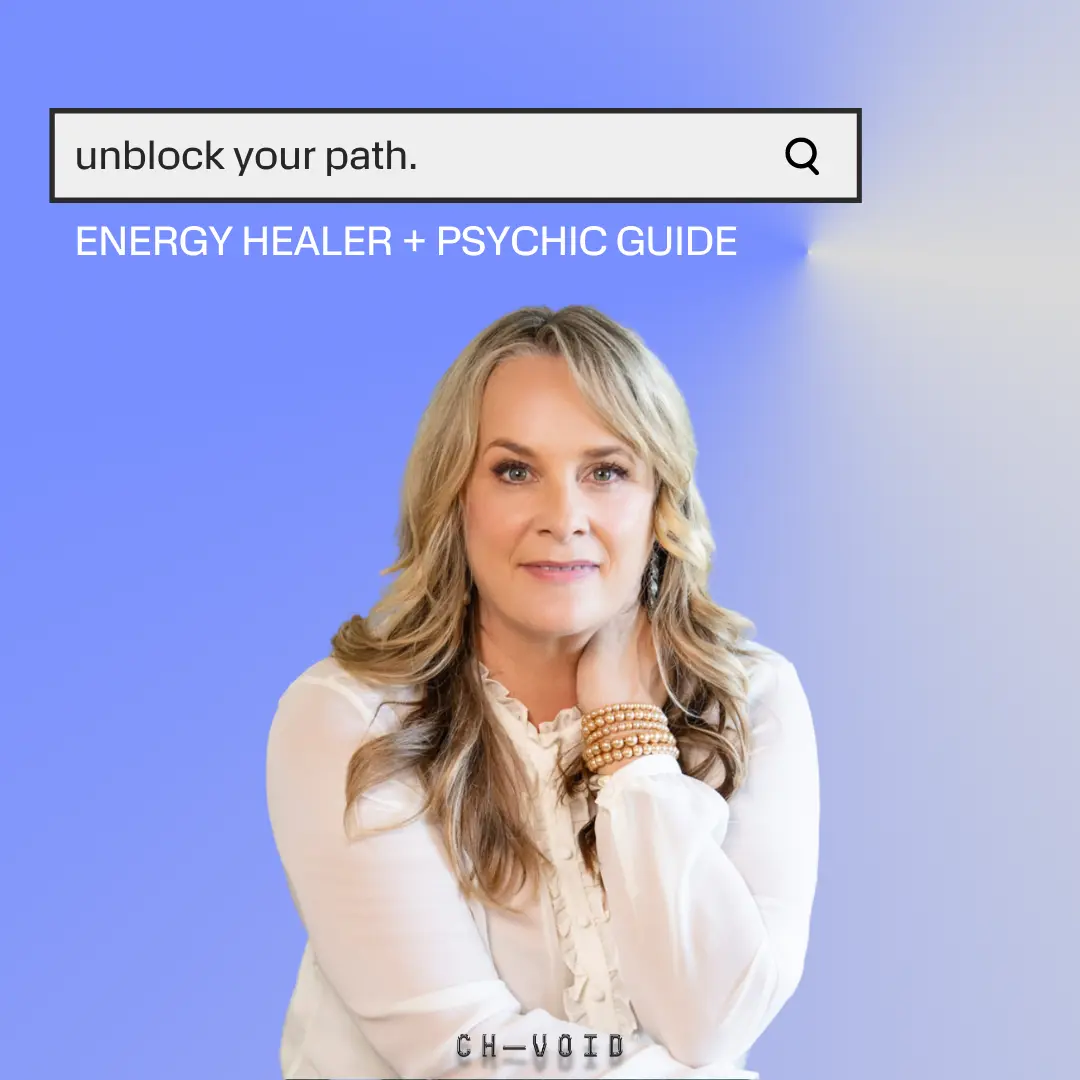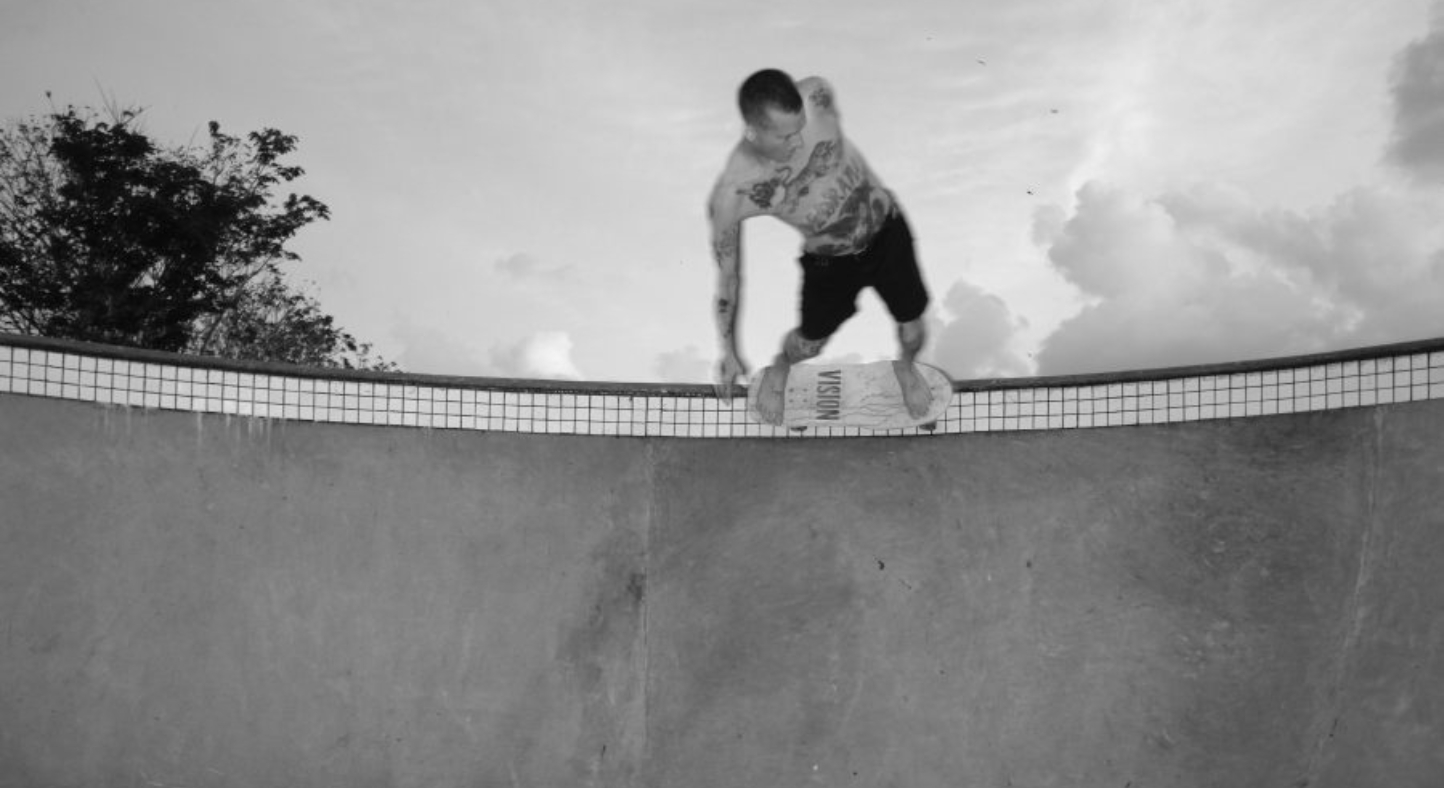As within, so without
The difference between emotional bypassing and emotional maturity.
In the words of writer and artist, Julia Cameron:
“Anger is a map. Anger shows us what our boundaries are… Anger is meant to be acted upon… not acted out.”
Maybe you’ve heard of toxic positivity, now enter: emotional bypassing, often referred to as spiritual bypassing. Sometimes when we are trying to be big grown-ups and take responsibility for ourselves, we take it too far. We go so far that we don’t let ourselves feel anything, like at all. Now don’t go feeling guilty – I am certainly a culprit of this. When we start learning not to be emotionally leaky all over other people, we should be giving ourselves a huge pat on the back. Taking responsibility for our shit is hard sometimes, and it certainly requires ongoing ritualisation and practice to make it stick.
However, we might be playing into the trap of emotionally bypassing ourselves when we don’t feel, talk, express or do anything after sadness, pain or grief occurs around a moment or event in our life. We might avoid it through the old, “don’t worry, I’m fine” mentality. The bottle of tequila. The pushing it down. The avoidance through excessive positivity. The making excuses for others. The running away. Or the use of spiritually based ‘practices’ which take us far away from ourselves, before actually feeling into ourselves.
Sure, sometimes we aren’t ready. We don’t have the time to fall apart, all the time. I get that. But when we push and push and push down the hard parts, at some point the box will spring open back open at us. And I’m telling you now, it can make a crazy circus of life when it does. It is crucial that we carve out moments for our grief. That grief could be a small piece – a disappointment in a friendship – or a big piece, like a lost love or family member. Whatever size and form your pain takes, you must find your own ways of turning into it from time to time. Even when it aches and there are a million reasons why you cannot go there. Arguably, that is when you should.
The idea is to get yourself into the safest position you can, to actually allow yourself to surrender to the tough stuff. Take those mental health days and use them wisely. Yield to the pen and paper. Create maps of your journey which will fork into a million paths and sit with all of them. Make ugly art. Witness yourself in your sorrow and your breakthroughs. Mirror gaze. Sweat and cry. Be still with your body.
Like a Prayer
While spiritual and religious practices can be significant aspects of existence for many people (myself included), this only affirms how necessary completing full emotional processes with our whole being is. In yogic tradition for example, “this process of cleansing the body in preparation for deeper spiritual practice illustrates the importance of working with the whole system rather than skipping directly to spiritual work”. (See: The only way out is through: the peril of spiritual bypass.)
In this sense, when we say ‘whole body’ we refer to the mind, the body, the spirit, and the emotions, as well as the health of the community that person shares. When we speak of not bypassing emotionally, we mean not rushing to leave the body in search of something outside of ourselves, before we have actually felt the feeling for ourselves. Not replacing spirituality with feeling. Or replacing being emotionally resilient with being emotionally numb. Or favouring peace to the point you don’t believe your voice will matter.
False Harmony
When we take responsibility for ourselves in this way, we are not expecting someone else to do our work for us. But we are also not avoiding the work ourselves in the hope that our emotions will go away. We are learning through time, research and possibly lived experience more and more about the ways that unresolved pain and trauma store themselves in the body. (Google the somatic trauma work of Peter Levine or Bonnie Bainbridge Cohen, if you want know more on this). In the long run, this can halt our growth and make us feel stuck or unwell physically and emotionally. Unresolved emotions can show up in the body in peculiar and unexpected ways when we skip steps in our process.
Spring Clean
If you aren’t in a regular practice of keeping yourself emotionally clear through feeling your shit, don’t worry. Alternative therapies with the support of a well-researched therapist such as Kinesiology, somatic experiencing, reiki, dance or art therapy, or somatic psychotherapy are all great ways to begin. Think of it like doing a big spring clean of your system if you’ve been ‘away’ from yourself for a while. Many of these modalities can kick-start new patterns and behaviours which could help with developing a balanced approach to your emotions. One that is mature, respectful and allowed to feel. That said, use these tools as supportive practices to do the work, not as the only work. Clear as you go, by feeling as you go. The real growth happens in real life, outside of the therapy room where we trial new ways of being in real-time.
Re-inventing Ritual
Ritual is anything we practice regularly with a strong intention for connection to self through an object, act, process, person or group of people. What kind of rituals do you currently practice, maybe even without realising? Do you always get a little joy from watering your plants or drizzling agave on your cereal? That’s a ritual. Do you gather with your people once per month to drink wine and cuddle in your pyjamas? That’s a ritual. Do you always take the scenic route home from work on a Friday afternoon? Ritual. As humans, we practice ritual often without noticing or naming it. Ritual supports us in accessing connection and presence. Ritual reminds us we are always at home in ourselves when we stay open to receiving and letting go.
How can you make a ritual of keeping yourself clear through really feeling your emotions?
IN THE WESTERN WORLD, WE’RE SO SCARED OF DEATH AND PAIN: AT A FUNERAL WE DON'T SEE THE DEAD PERSON'S FACE. WE HIDE PAIN.
BILLY OTTO





















